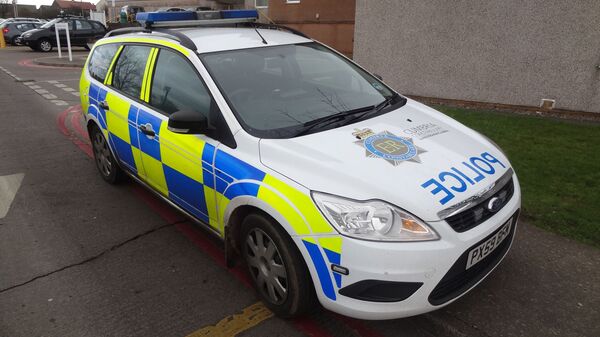North Wales Police (NWP) have released examples of what they say reflect misuse of the 999 emergency services number, on 23 December 2019:
A report regarding a lost buss pass, being sold the incorrect mobile phone top up and a stray sheep on a farmers’ yard are just some of the examples of the 999 calls we have received over recent months.
— North Wales Police (@NWPolice) December 23, 2019
Read more via https://t.co/gCgLUFPiOi pic.twitter.com/haeL7nWWvQ
The NWP say they recognise that it “can be hard to judge what is or is not an emergency”. However they say 999 is primarily if a crime is witnessed at the time of the call, a person’s life is in danger or “is being physically threatened”. The police also say 999 is for serious road traffic accidents, including where a person is “badly injured” or there is “a danger to other road users”.
“That’s Not a Life or Death Emergency Sir”
The NWP estimate that less than one third of the 230,000 calls they get annually are what they would consider to be 999 emergencies.
In a recording released by the NWP a caller says he has lost his bus pass. The operator responds by saying “Right ok, that’s not a life or death emergency sir unfortunately”.
Another caller complains that he has sheep “running round” his yard which don’t belong to him, despite noting that it isn’t actually an emergency.
In what is perhaps a more understandable example a person says they were given the incorrect top up for their mobile phone and that shop is refusing to refund him or to give him the correct mobile top up. He says he is down to his last £10.
Other examples of “ inappropriate” calls and emails include one from a man “looking for help in tracing a girl he had met on holiday”.
“We are Not a Taxi Service”
Temporary Inspector Gary Lloyd, Force Incident Manager at NWP, says:
“Phoning 999 – which is an emergency line, for trivial matters such as telling us a taxi hasn’t turned up is a complete waste of resources, and could possibly prevent a genuine life or death emergency call being put through.”
Such calls are a waste of police time and slows the response to genuine emergencies.
— NPCC (@PoliceChiefs) December 23, 2019
Please only ring 999 when there’s a life is in danger, crime is being committed or offenders are nearby. https://t.co/fTbllbN6zG
Inspector Lloyd says that during “this time of year” NWP receive a lot of calls, “from people who want a lift home, often because they haven’t left themselves enough money to get home themselves”.
Inspector Lloyd wanted to make clear that the NWP “are not a taxi service”.
The NWP also say they deal with around 17,000 “accidental calls” a year which adds to the pressure on the services because “they have to be investigated to ensure the safety of the caller”. The NWP say it only takes “a few seconds” to clear up what happened and ask for people to assist in that respect.
Fall in Police Resources Mean Police Can’t Respond to All Offences
The additional pressure on policing services come during a time of falling police resources.
According to the Institute for Government (IfG) “victims are becoming less satisfied and fewer offences are resulting in charges” which coincides with a “fall in police spending, staff and officer numbers since 2009/10”.
The IfG also says that “complex crimes” which are more taxing on police resources “are on the rise”. The result being that, “the police have had to adapt to growing demand, and are increasingly prioritising responding to more violent or easier-to-solve crimes”.


